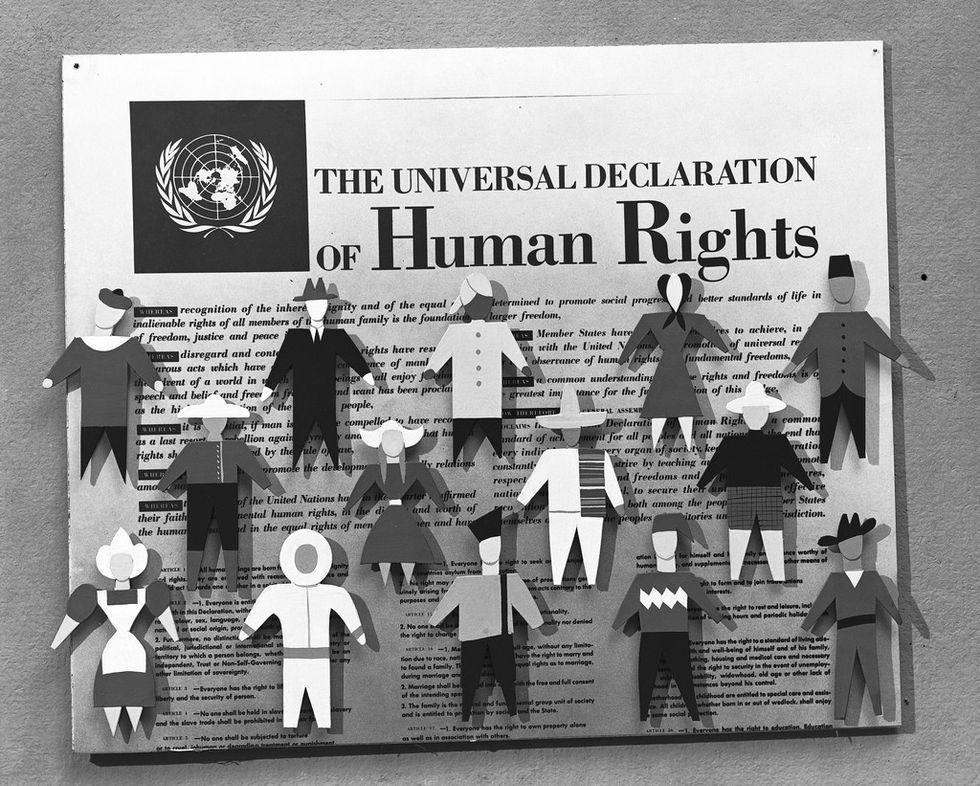This summer I had the opportunity to intern with a prominent non-profit in Atlanta. At first, I only thought of the superficialities associated with this concept. Yes, coming to the city every day for work was going to be great, and yes, visiting different non-profits and seeing how they operate was also going to be amazing. But what does it mean to defend the rights of others? And what are we truly defending?
Outside of the microcosm of suburban life, human rights violations occur every day in the United States, and most of the time, we, citizens fail to notice. Take, homeless individuals, for example. We tend to simply pass by homeless men and women, often quickening our pace to avoid them. In reality, many individuals who find themselves on the streets have jobs but simply cannot find affordable housing. The right to safety and basic housing needs are denied to people who find themselves under this category, and on Georgia's $7.25 minimum wage, the problem only persists. In a city like Atlanta, $7.25 is just not enough to find affordable housing and the few low-income housing options are dwindling in order to make way for a growing trend: gentrification.
If you've been to Atlanta hotspots such as Midtown, Five Points, and the Beltline, you've seen gentrification first hand. And while the trendy eateries and chic architecture may entice you, the reality of this change is the loss of homes for thousands of individuals who were literally forced out of their neighborhoods due to sky-rocketing prices. Losing the right to safety and affordable housing is a human rights violation that we inadvertently participate in.
On a national scale, I really didn't think of the Flint water crisis as a major human rights issue, but with further examination, flint water victims were denied the right to basic needs such as clean water due to a system that worked against its citizens in the name of money. In order to source water in a cheaper manner, the town of Flint started to use the Flint river as its main supplier. Although the media has lost interest in the town of Flint, the crisis is nowhere near over as their free water bottle program has only ended this year; however, many residents fear that the water quality may still pose a danger.
While the United States is in the yellow when it comes to human rights atrocities, I learned that the worst violations are often the things that never make the news, until its too late. I learned to never underestimate a human being, and one cannot make a judgment about a person at first glance. Non-profit organizations were designed to write the wrongs that society perpetuates, things that require equity instead of equality in some instances, like education. The stark difference between some of America's public schools in the rural areas and their northern, suburban counterparts, is simply unbelievable. This, itself, can be a human rights violation as the right to be educated is compromised due to where a child was born.
After a few weeks glimpse into some of the issues I had failed to recognize, I realized there is a lot society must due to bridge the gap. Whether it be the global atrocities that plague vulnerable individuals, or the homeless person sitting on the stree you live on, the best thing we can do to resolve the violations in the world is to see the humanity in every being, that alone, connects us all.














